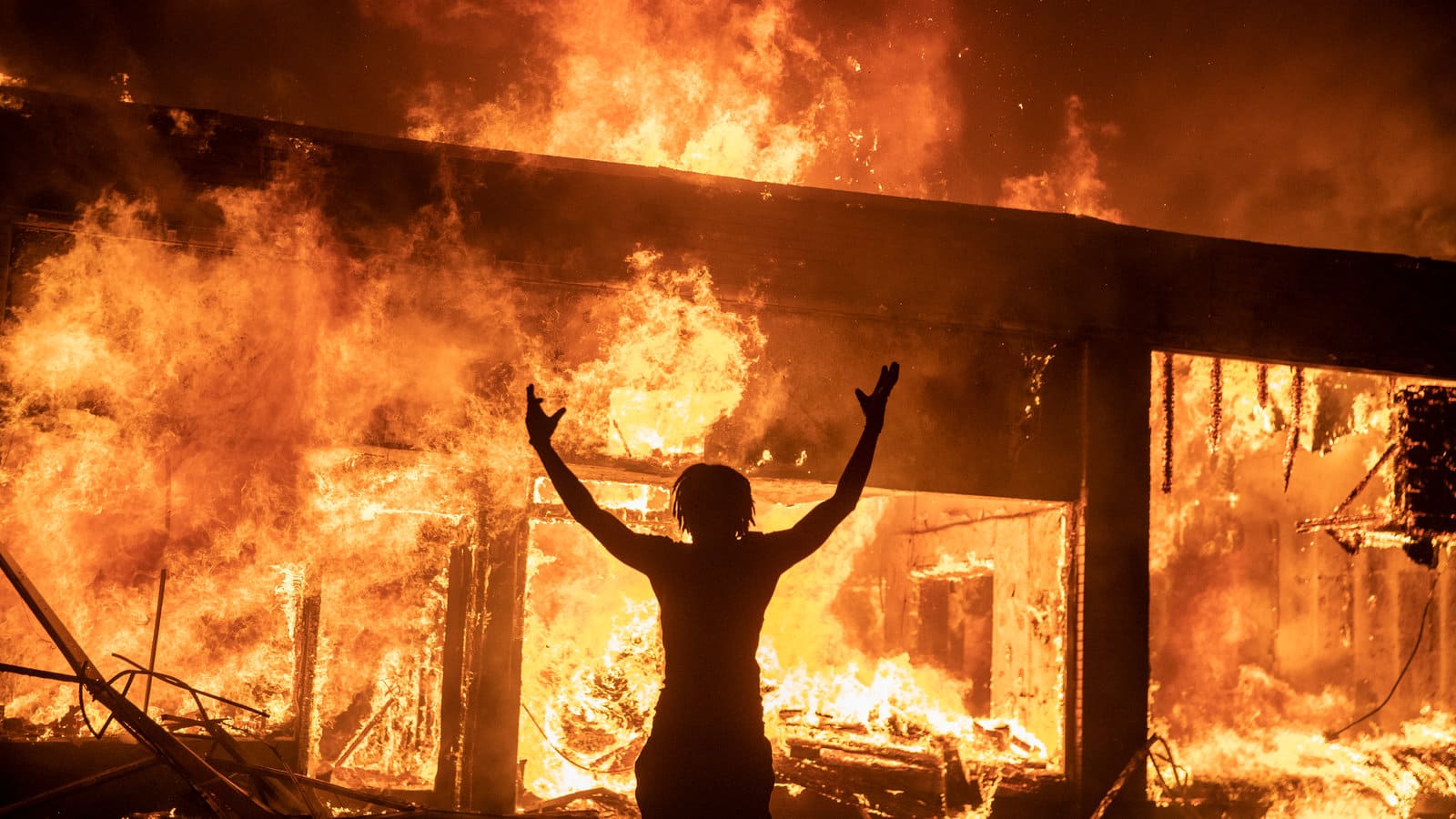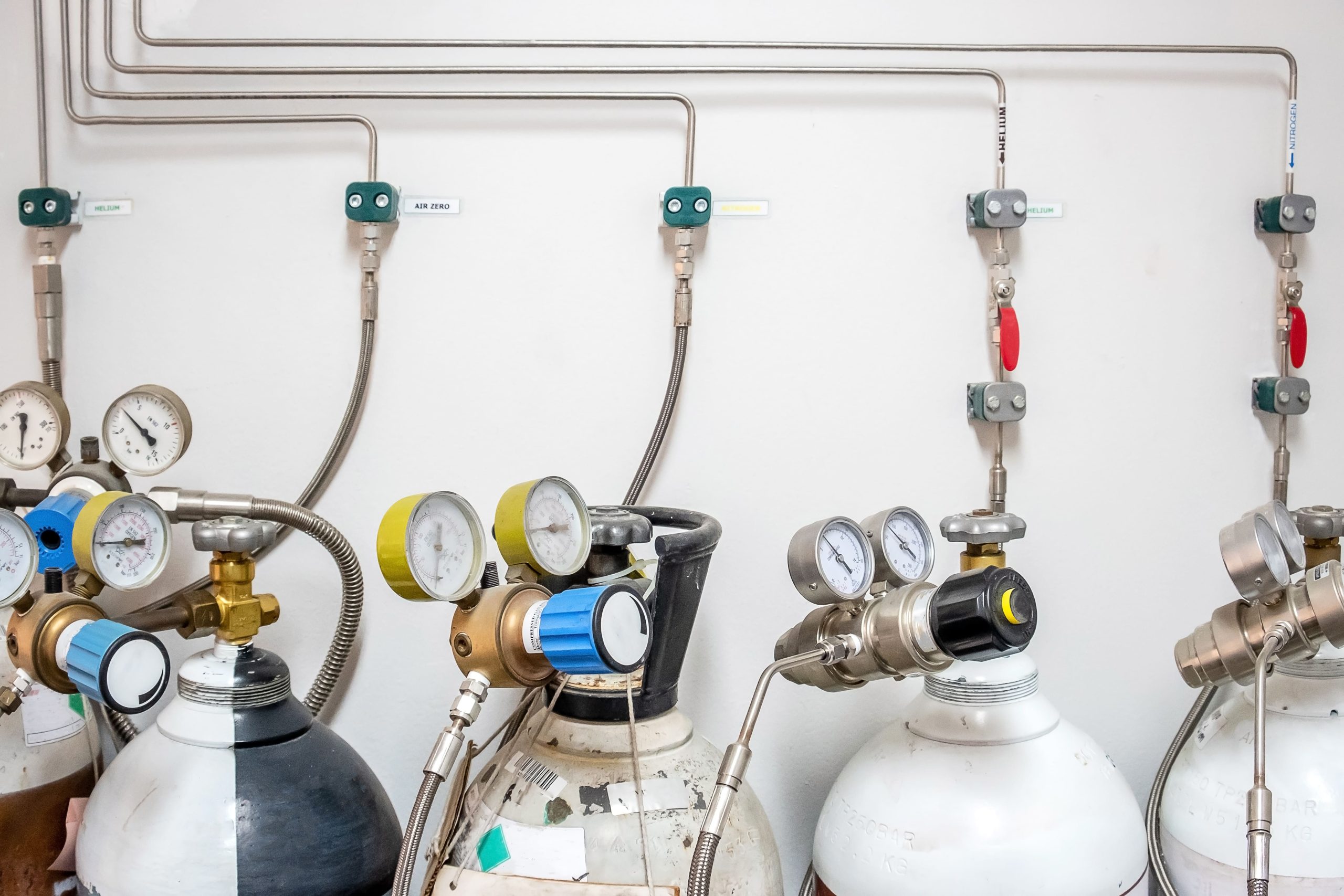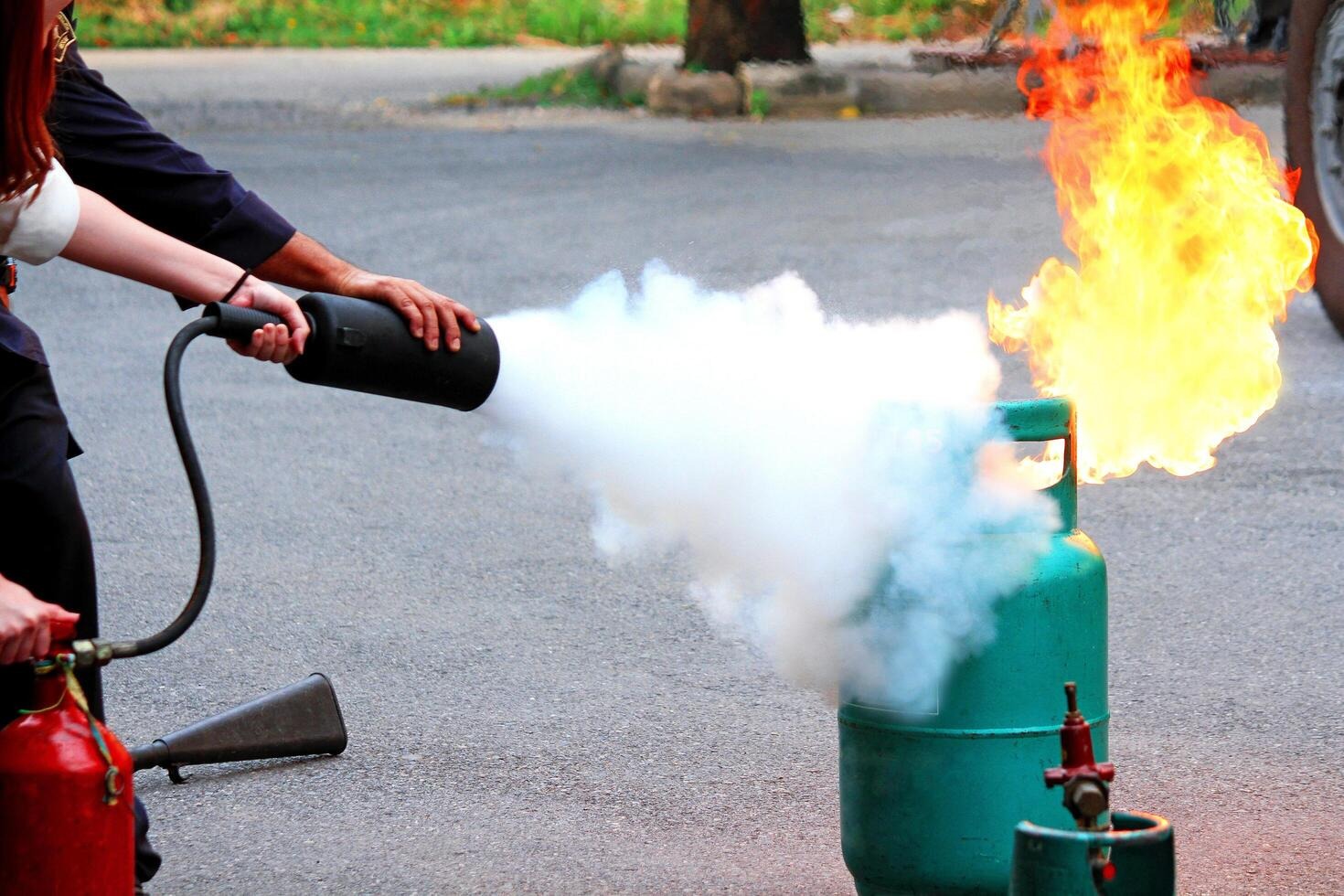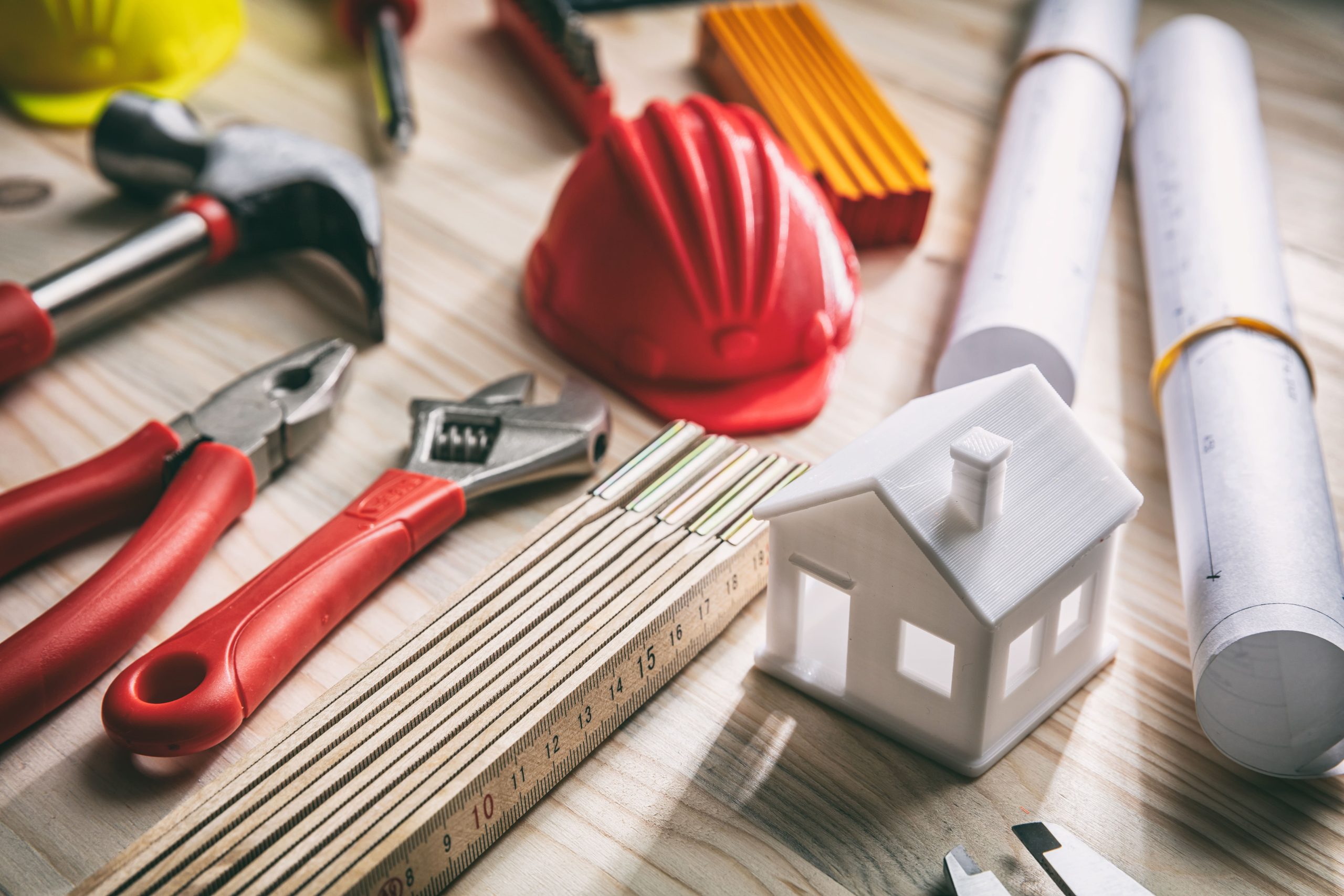
Common Mistakes in Fire Stopping Works and How to Avoid Them
Fire stopping is a critical part of civil works projects in Saudi Arabia, ensuring that fire and smoke do not spread through walls, floors, and ceilings. Despite its importance, many projects face issues due to common mistakes in fire stopping works. Avoiding these errors is essential to meet Saudi Civil Defence regulations, protect occupants, and prevent costly rework.
Mistake 1: Using Non-Certified Materials
One of the most common mistakes is using fire stopping products that are not UL-listed, ASTM-tested, or Civil Defence-approved. Non-certified materials may fail under fire conditions, putting buildings and occupants at risk. Always ensure materials are approved for Saudi projects.
Mistake 2: Improper Installation
Even certified materials fail if installed incorrectly. Mistakes include uneven application, insufficient coverage, or incorrect placement around pipes and cables. Certified contractors follow manufacturer guidelines and ensure proper installation for optimal performance.
Mistake 3: Ignoring MEP Penetrations
Mechanical, electrical, and plumbing (MEP) penetrations are often overlooked. Cables, pipes, and ducts that pass through walls and floors must be properly sealed using fire collars, wraps, or sealants. Missing these areas compromises compartmentalization and fire containment.
Mistake 4: Lack of Documentation
Civil Defence inspections require detailed documentation, including product certifications, installation reports, and testing results. Failing to provide these documents can delay project approval and result in fines.
Mistake 5: Skipping Maintenance and Inspection
Fire stopping systems require periodic inspection to ensure long-term effectiveness. Neglecting maintenance may lead to deterioration of sealants, coatings, or boards, reducing fire resistance over time.
Mistake 6: Not Considering Environmental Factors
Climate, humidity, and temperature affect the performance of fire stopping materials. Coastal cities like Jeddah require materials resistant to moisture and corrosion, while industrial zones in Dammam need heavy-duty systems for chemical exposure. Contractors must select location-specific solutions.
How to Avoid These Mistakes
- Hire certified fire stopping contractors with local experience.
- Use approved, high-quality fire stopping materials.
- Ensure proper installation according to manufacturer guidelines.
- Seal all MEP penetrations and openings.
- Maintain complete documentation for Civil Defence approval.
- Schedule regular inspection and maintenance for long-term protection.
Benefits of Avoiding Mistakes
Properly installed fire stopping systems:
- Protect occupants and property from fire hazards.
- Ensure compliance with Saudi Civil Defence regulations.
- Prevent costly rework, delays, and fines.
- Increase project credibility and client trust.
Call to Action – Partner with Certified Fire Stopping Contractors
If your project in Riyadh, Jeddah, Dammam, or other Saudi cities requires fire stopping works, partnering with a certified contractor ensures proper material selection, installation, documentation, and inspection. This guarantees compliance, safety, and long-term protection.
Contact us today to secure your project with professional fire stopping solutions.





